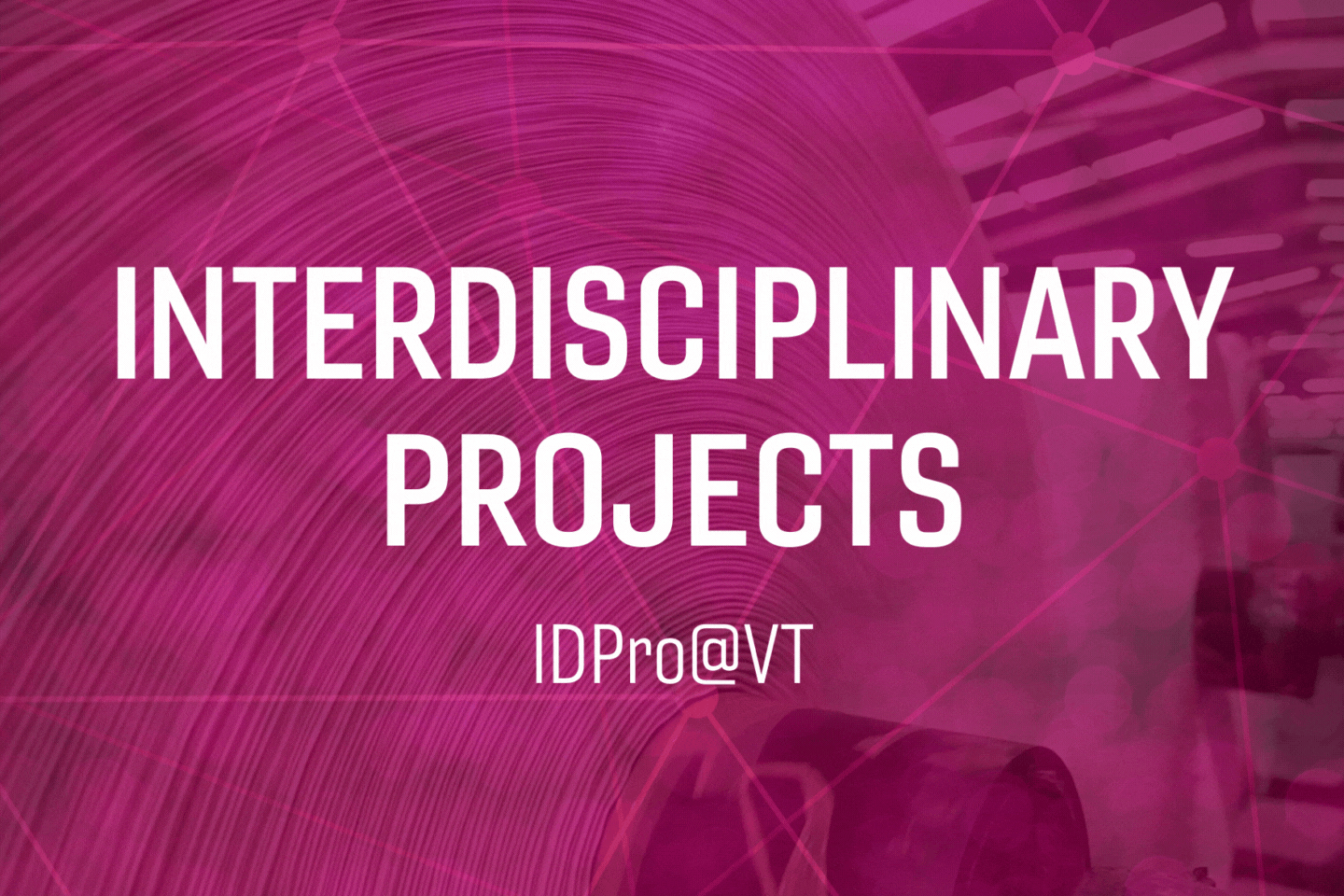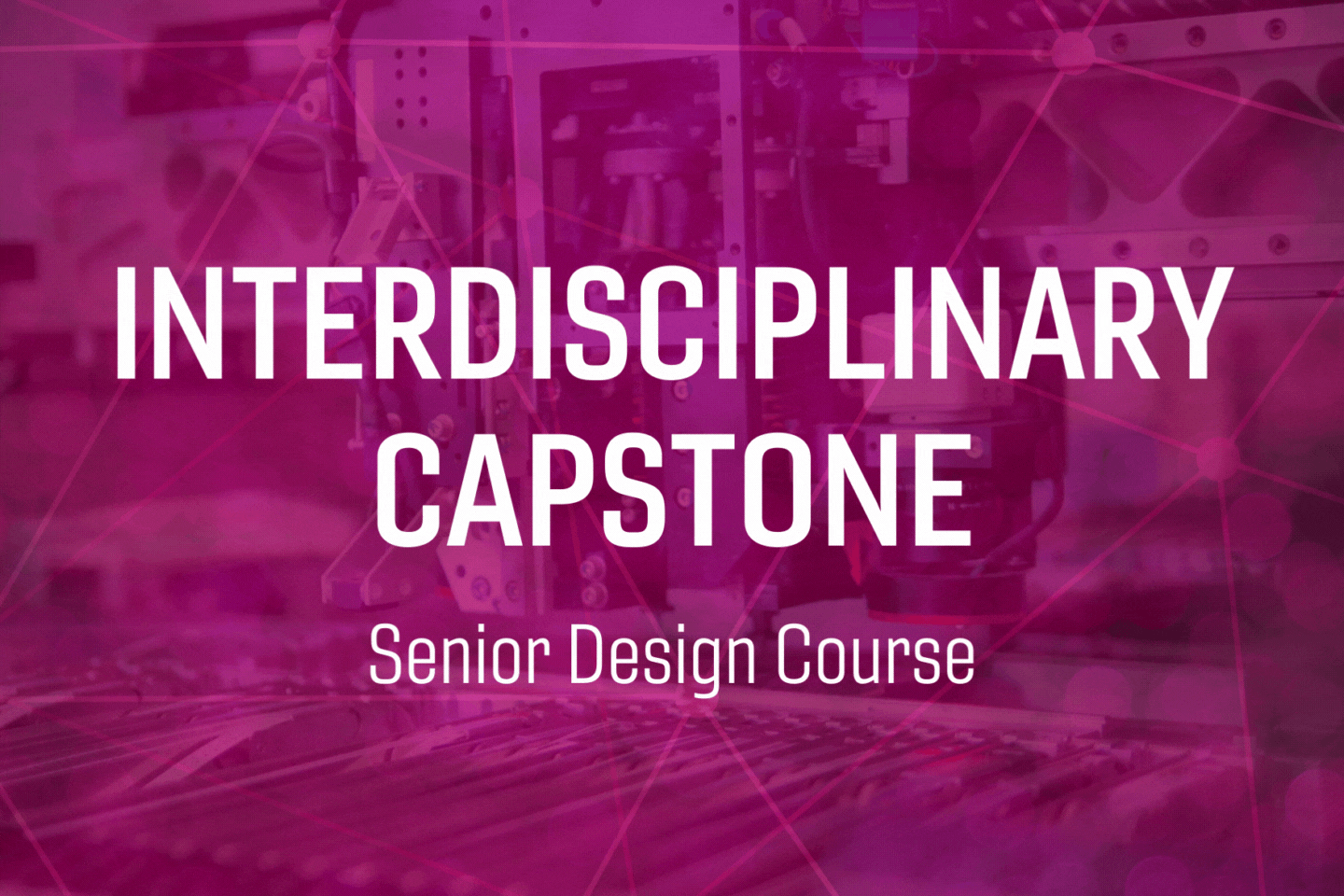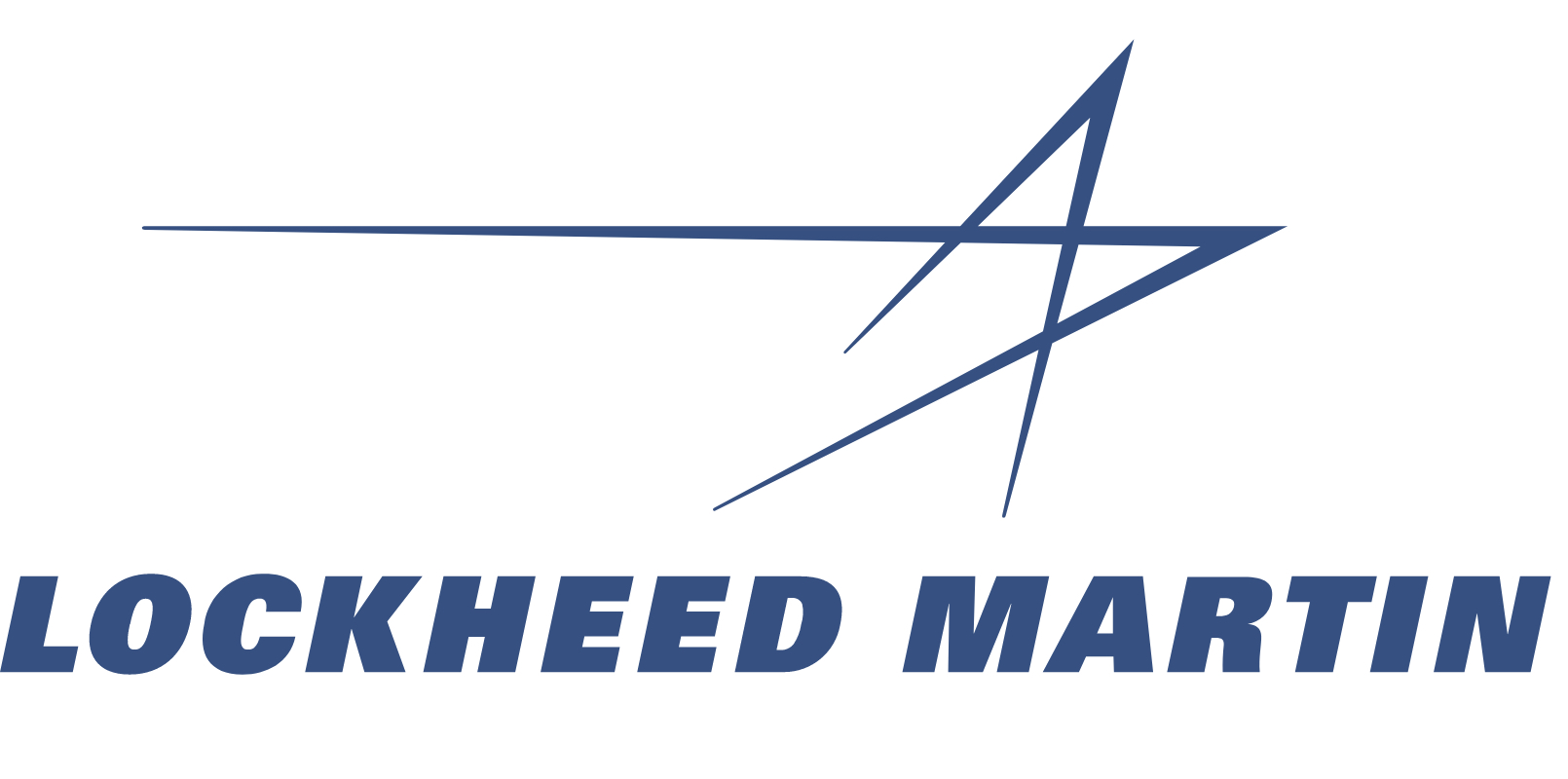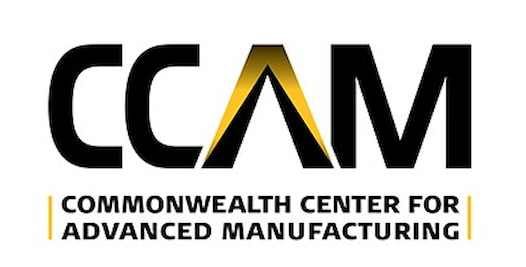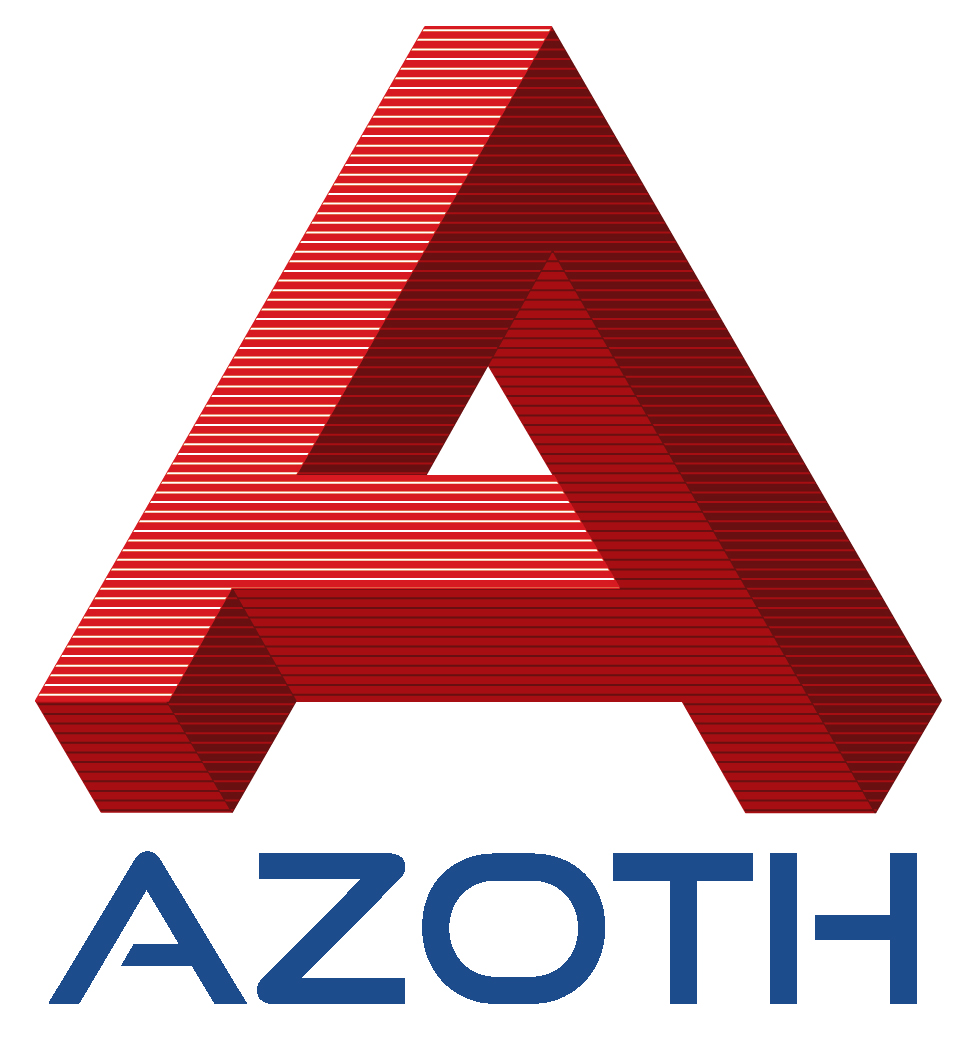Become a Sponsor
The IDC course allowed me to put my problem-solving skills to work in ways that I do every day in my career. Problems often span areas of expertise and require you to work with experts of other fields to figure it out. The IDC course was challenging and allowed me to learn so much more about the problem-solving process.
I was better prepared for my career for having taken this course.
Jeremy Lederman '22
Companies want to sponsor student projects for a variety of reasons, including improved recruiting opportunities, and an interest in unique solution proposals for unsolved problems.
Industry-sponsored projects benefit our students by allowing them to work on real-world projects that include issues such as budgeting, timeline management, and interpreting customer expectations.
Sponsoring companies benefit by having students from multiple disciplines working on solutions to their design problems and by getting exposure to students who could become potential new hires.

We're thrilled you're interested in becoming a sponsor for the capstone course, IDPro, or both! New projects are always welcome. Ideas are reviewed for feasibility in regards to
- faculty & laboratory resources, and
- appropriateness for interdisciplinary curricula.
Sponsors should contact Robin Ott, interdisciplinary program administrator, to discuss project ideas!

Robin Ott
Professor of Practice & Interdisciplinary Programs Administrator
rso@vt.edu
Sponsors agree to assign an engineering liaison to the team to spend 1-2 hours per week via teleconference to answer questions and help guide the students. We encourage site visits to sponsor facilities in the fall, and welcome sponsors to campus for presentations and major milestone events.


For sponsored projects, Virginia Tech waives its rights to IP, data and products generated as a result of the work performed by students.
Students waive their rights to financially benefit from IP, data and product, but retain the right for their names to be on any patents developed from their design work.



